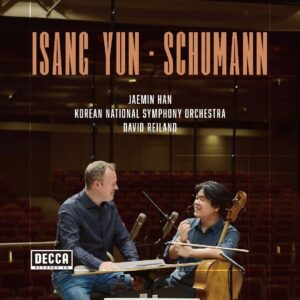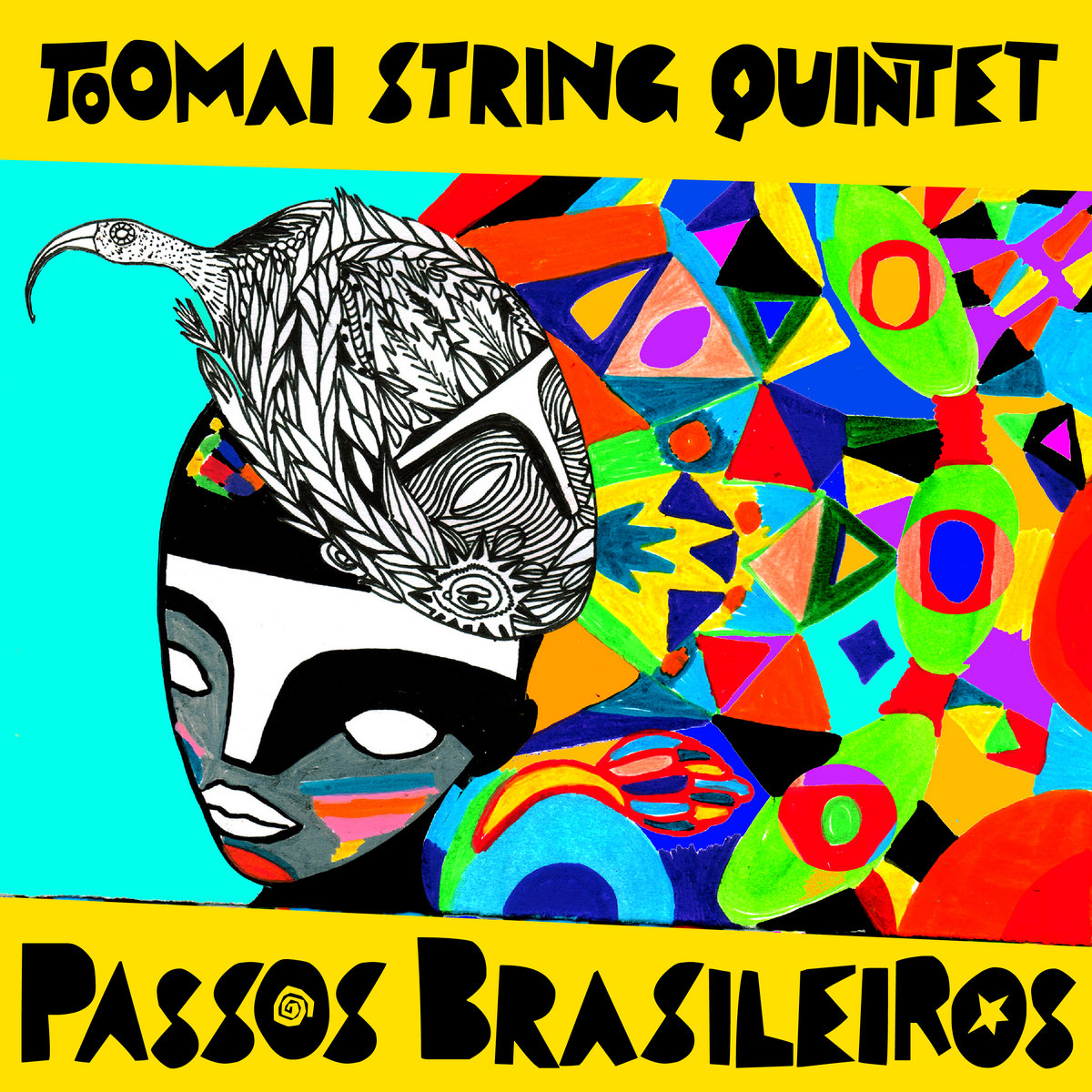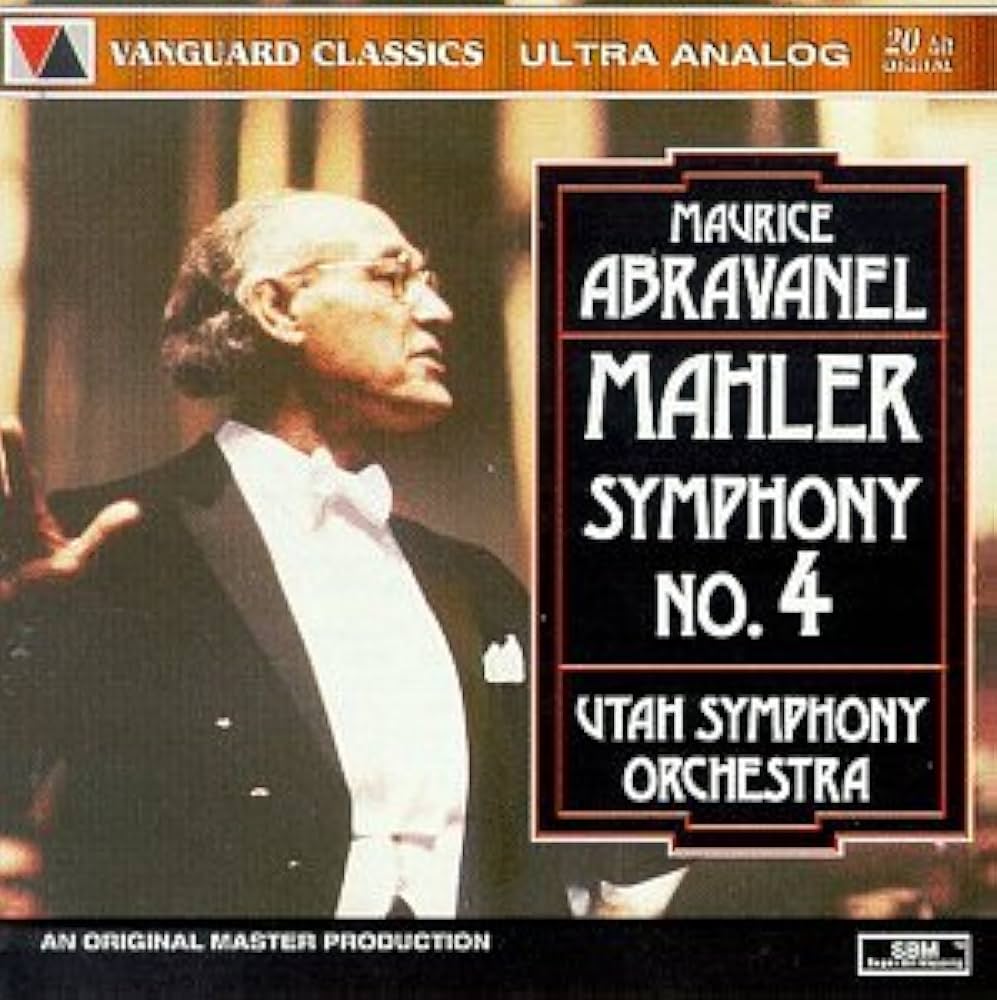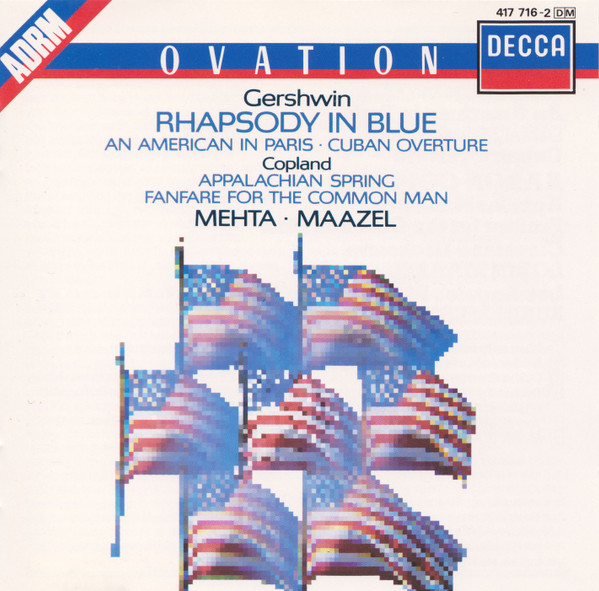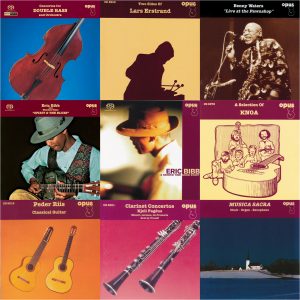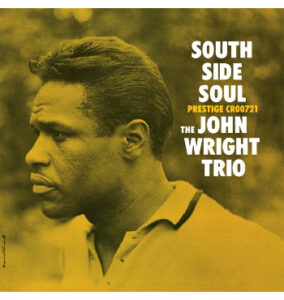Schumann Symphony 4 (orig. vers.); Manfred Overture. Yun: Cello Concerto. Jaemin Han, cello; Korean National Symphony Orchestra/David Reiland. Decca Records (Korea).
Downloads and streams: music.apple.com; plixid.net (FLAC 24/96); qobuz.com (16/44.1); spotify.com; uk.7digital.com (M4A, MP3, FLAC)
Universal, the current parent company of Decca and Deutsche Grammophon, has been unusually unforthcoming about this particular production. Although it was listed in their most recent new-release announcement, it's not clear whether it's available as an actual "hard" CD. And, while I had no trouble linking to the downloadable files, I couldn't rustle up an e-booklet, despite the best efforts of two publicity representatives. (Both of the Universal labels are bad about bundling booklets and cover art in the folder with the music files, although Pentatone and Harmonia Mundi, among others, regularly manage it.)
Ordinarily, I don't pay much attention to the documentation, but here it really would have helped. I knew the Schumann Fourth, or thought I did, but I was thrown when the closing bars of the slow introduction suddenly zigged instead of zagged. This sort of thing pops up left and right: a few extra bars of music or added counterthemes here, some music or musical element missing there (like the little woodwind "answers" in the finale). Yet the framework—the sequence of movements and their structure—is what we know. It might be what you'd get if you fed sonata principles and Schumann's themes into ChatGPT and told it to compose the symphony.
Well, AI isn't quite there yet, thank the Lord. This is, indeed, a symphony by the authentic human Schumann: according to an interview—which I was able to access—David Reiland is playing the composer's original, unrevised edition of 1841. (Had this edition stuck, it would have been the "Second Symphony": food for thought.) The conductor has a good feel for the music's expression, though the active first movement, in particular, sounds insufficiently grounded; conversely, the finale's dotted rhythms are springy and propulsive. Only the Scherzo—incisive in the Beethoven manner, though, the violin soli here and in the Romanza are oddly indifferent—is essentially the movement we know.
Manfred, which closes the program, is the familiar edition, and here the sonorities are more solid, better weighted. Attacks are oozy in the introduction, and the second theme relaxes substantially, as in an old-fashioned Beethoven performance. (In this sort of dramatic overture, Beethoven isn't a bad paradigm.) I wouldn't swear there weren't some "dirty" passing notes in the turbulent bits, but then the coda winds down hauntingly.
But what on earth is Isang Yun's cello concerto doing here? Yun (1917-1995) was a South Korean composer who settled permanently in then-West Germany. (His story is harrowing: check out his Wikipedia entry.) This score offers up two really fresh moments: one in the Cadenzas movement, when the rapid cello pizzicati briefly simulate a strumming guitar; another, where orchestral solo fragments fall around an extended cello trill. Otherwise, although it isn't really "contemporary," it's a compendium of the newer-music clichés that have plagued us for decades: dissonant, arbitrarily brassy outbursts; celesta accents in quieter passages; violins and high reeds skittering up and down, to no particular purpose. Soloist Jaemin Han sounds like he knows what he's doing, but, frankly, we'd have gotten a better idea of him from the familiar Schumann concerto, which would have fit more readily into the program.
So it's up to you now. The engineering is fine, by the way.
stevedisque.wordpress.com/blog




